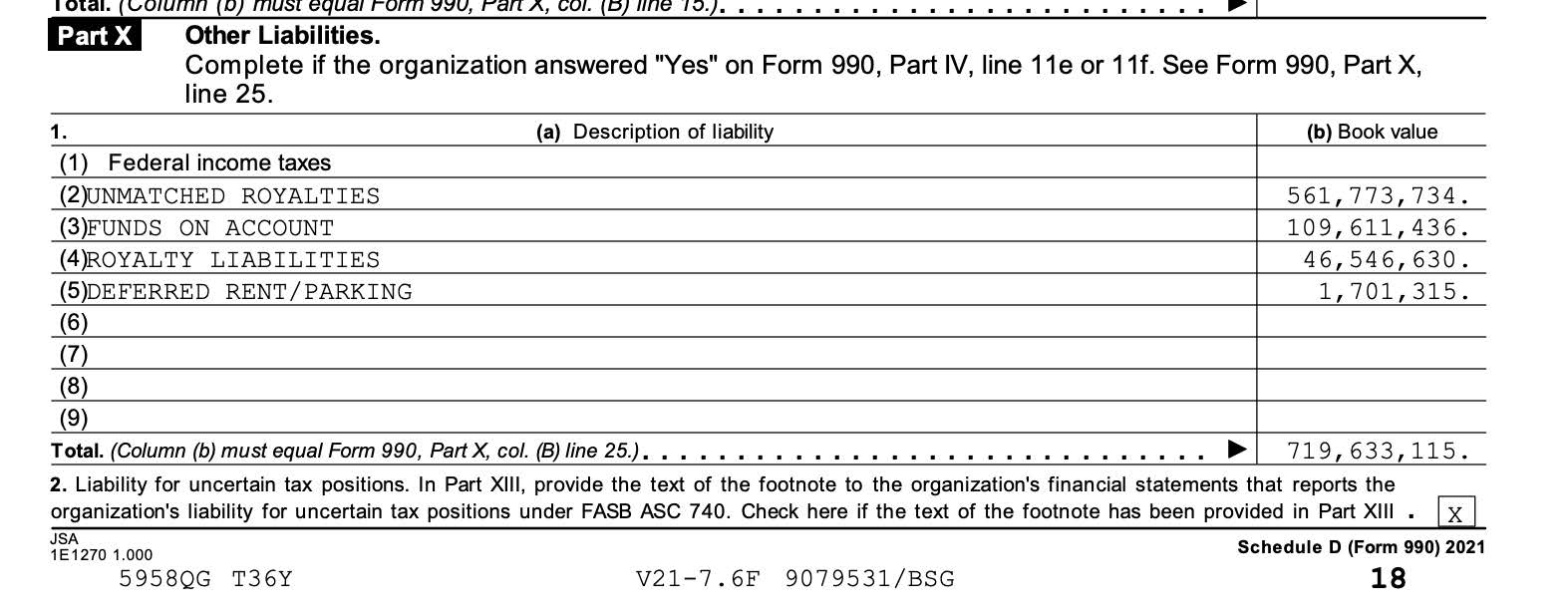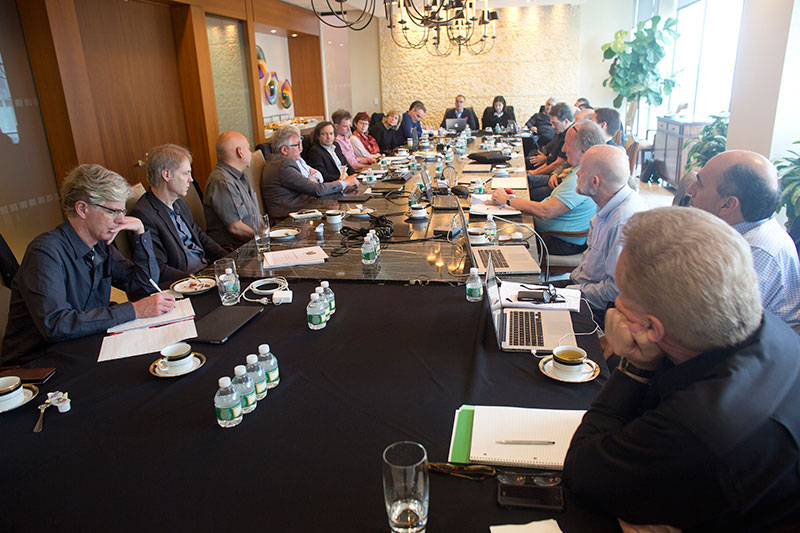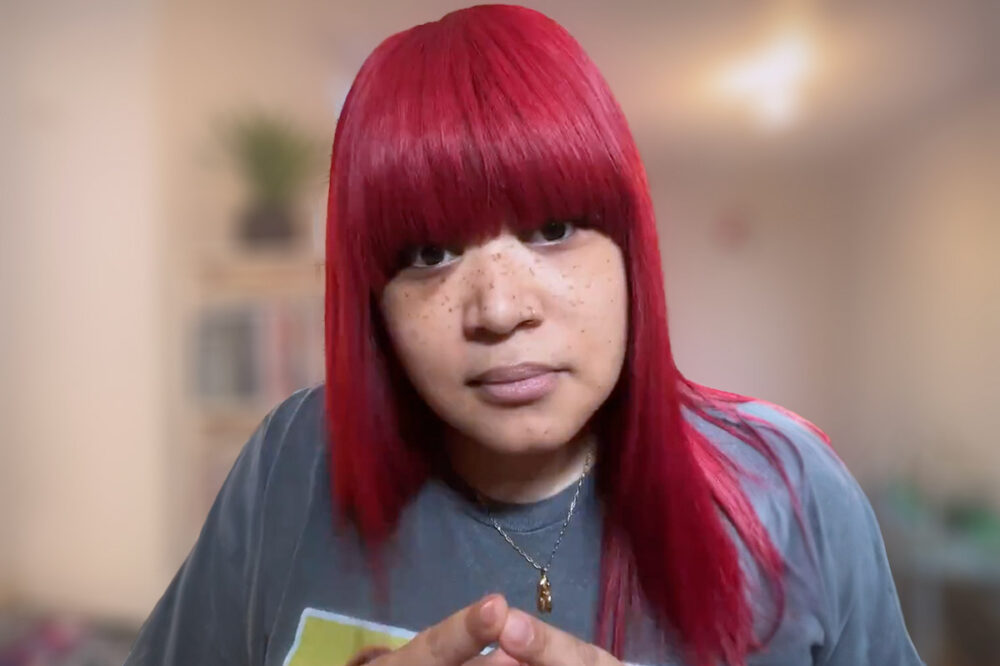Fair Trade Music International has joined with MusicAnswers and eight other international music creator groups to alert the US Congress to the hundreds of millions of dollars in the The Mechanical Licensing Collective’s “Black Box”. Most of this was earned by independent music creators, but unless action is taken it will be heading to the largest music publishers.
The full letter is shown below and available for download here.
July 17, 2023
The Honorable Darrell Issa
Chairman House Judiciary Subcommittee on Courts, Intellectual Property, and the Internet
U. S. House of Representatives Washington, DC 20515
— via email —
Dear Chairman Issa,
We write to you as representatives of tens of thousands of independent songwriters and composers whose music is performed and distributed by digital music service providers in the United States and who consequently are entitled to payment for those uses pursuant to the Music Modernization Act. We were hoping that the issue that is the focus of this letter would be more fully explored at your recent hearing in Nashville on June 27th.
Section (3) (A) (j) of Section 102 of Title I of the Musical Works Modernization Act states:
‘‘(J) DISTRIBUTION OF UNCLAIMED ACCRUED ROYALTIES.— ‘‘(i) DISTRIBUTION PROCEDURES.— After the expiration of the prescribed holding period for accrued royalties provided in paragraph (H)(i), the mechanical licensing collective shall distribute such accrued royalties, along with a proportionate share of accrued interest, to copyright owners identified in the records of the collective…
and
‘‘(II) Copyright owners’ payment shares for unclaimed accrued royalties for particular reporting periods shall be determined in a transparent and equitable manner based on data indicating the relative market shares of such copyright owners …” (emphasis added)
The questions we raise in this letter, those we were hoping you or your colleagues would ask at the June 27th hearing, are the following:
1. If the Board of Directors of the current Music Licensing Collective (“MLC”) is comprised predominantly of employees of the same entities that would benefit most from the distribution of the accrued royalties (e.g. those with the large market shares), and if that Board has total control over the MLC’s procedures and decisions, what incentive exists for the MLC to identify and contact the rightful owners of those royalties?
2. What percentage of all previously unmatched/unclaimed royalties have actually been distributed to the rightful owners as a direct result of the MLC’s efforts to locate them?
3. Exactly how much money is currently being held by the MLC in the “Black Box” of unmatched/unclaimed royalties that will be distributed to the music publishers who control the MLC if the rightful owners have not been identified and paid when the clock runs out?
This last question is one we have asked of the MLC multiple times. We have yet to receive a full and complete answer, and our investigation into this matter has revealed the following.
We started with the MLC’s IRS Form 990 for the fiscal year 2021, the official and legal financial record. Buried deep in the return is Box X, in which the MLC states that it is holding “Unmatched Royalties” of $561 million. There is no mention of “Unclaimed Royalties” elsewhere in the return, although they could be included in the $109 million listed as “funds on account.” 1

The newsletters the MLC sends to its members indicate that the MLC receives roughly $60 million per month from the digital music services and that its identification rate is now about 85%. If our math is correct, that means that each month, approximately $9 million is added to the Black Box. It has now been more than 18 months since the end of the reporting year 2021, so that would add another $162 million to the Unmatched Royalties. Thus:
$561,773,734 Unmatched royalties as of 12/31/21
$162,000,000 Estimated additional unmatched royalties as of 6/23
$723,773,734 Total Unmatched or Unclaimed/Black Box royalties as of 6/23
Therefore, by our calculations, currently, the Black Box should contain well over $700 million and possibly much more.
But before we released this information to the international music creator community — which, of course, is deeply impacted by this process — we thought it was appropriate to ask the MLC to confirm that our numbers were correct. We wrote directly to the MLC. The response was interesting.
According to the MLC, we had made “several incorrect assumptions” about the data reported in the IRS form. (How one can misinterpret a tax form wasn’t clear.) We were also informed that the data we had wasn’t the “most current” available.
In response to a further inquiry, the MLC stated that the IRS form “is not the best source of information” for the unmatched/unclaimed royalty amount. We were referred instead to the Member Newsletter and the Annual Royalty Report.
We scoured both sources, and found lots of numbers and percentages, but nothing that reported exactly how much was in the MLC’s Black Box. We asked yet again, this time trying to be even clearer about the two answers we were seeking:
- In February of 2021, the MLC received more than $424 million in unmatched “black box” royalties. Can you tell us, within a few million dollars, how much is currently in the black box? (The IRS form says $561 million.)
- The MLC has announced that it is holding some royalties for 2018-2022 pending the CRB’s resolution of Phonorecords III. Can you tell us, within a few million dollars, how much the MLC is currently holding (not expecting) which it will distribute once CRB II is finalized?
In response, we were given another list of numbers and dates of historical payments, along with the statement that “$373.6 million is on hold pending the CRB’s finalization of the Phono 3 rates.”
We were surprised and pleased by this statement. It sounded as if the MLC had really been working hard and had identified more than half of the historical unmatched royalties, and that their rightful owners would finally be paid. We decided to clarify the numbers once more. We wrote:
“As [we] understand it, you are saying that $373.6 million of the $426.9 million has been matched, but is being held while the MLC awaits clarification of rates.”
Not exactly, replied the MLC.
According to the MLC’s latest newsletter, the correct owners will be eligible to be paid, but that doesn’t mean they will be paid. Even after the MLC matches data to an owner, the owner still has to join the MLC and go through its claiming process in order to receive their royalties.
So it appears that even after the CRB decision becomes final and the DSPs pay what they owe to the MLC, the lion’s share of that $373 million will still be sitting in the Black Box, along with $33 million from previous periods, at least $162 million that’s been added since 2021 and all the additional millions being added every month.
This pattern of misleading statements, evasion and outright obfuscation about the activities of the MLC was clearly on display at your Nashville hearing, when MLC officials flatly refused to answer straightforward questions about the MLC’s activities regarding the investment of this Black Box money.
The Music Modernization Act did many good things for music creators, but whether Congress realized it or not, it also set up a system designed to funnel millions of dollars to those at the very top of the music business food chain — corporations who control music that has already been matched and royalties that have already been paid. Once again, the Black Box money belongs to other music creators — independent songwriters around the world who either have never heard of the MLC, have not gone through the process established by the MLC to claim their rightful royalties, or may not be fluent enough in the language to navigate the process.
Chairman Issa, as a leader in the efforts to protect the owners of intellectual property and as an owner of such property yourself, we strongly urge you to look deeper into this very blatant conflict of interest, one inadvertently created by the passage of the Music Modernization Act. Moreover, we respectfully request that you support our call for either: (1) an amendment to the existing law requiring any entity operating the Music Licensing Collective to hold all unclaimed royalties until and unless an average identification rate of 75% of the previously unclaimed historical royalties has been achieved and sustained and owners paid; or (2) the Copyright Office has adopted a regulation to that effect.
Thank you for your work to protect the rights and interest of all music creators throughout the world who are depending on you to assure the fair and equitable administration of the Music Modernization Act.
Sincerely,
Asia-Pacific Music Creators Alliance
Asociatición Latinoamericana De Compositores Y Autores De Música
European Composer and Songwriter Alliance
Fair Trade Music International
Music Answers
Music Creators North America
Screen Composers Guild of Canada
Songwriters Association of Canada
Songwriters Guild of America
Society of Composers and Lyricists
cc:
Representative Henry C. Johnson, Ranking Member
Representative Thomas Massie
Representative Ted Lieu
Representative Scott Fitzgerald
Representative Joe Neguse
Representative Cliff Bentz
Representative Deborah K. Ross
Representative Lance Gooden
Representative Adam Schiff
Representative Ben Cline
Representative Zoe Lofgren
Representative Kevin Kiley
Representative Madeleine Dean
Representative Nathaniel Moran
Representative Glenn Ivey
Representative Laurel Lee
Representative Russell Fry
Ms. Shira Perlmuer, Register of Copyrights
Notes:
1 The MLC appears to define “Unmatched Royalties” as royalties earned by works for which the correct owners are unknown and “Unclaimed Royalties” as those earned by works for whom the MLC has matched some information, but whose owners have not yet joined the organization as “members” and “claimed” their shares of the matched works.
Photo by Luke Tanis on Unsplash



